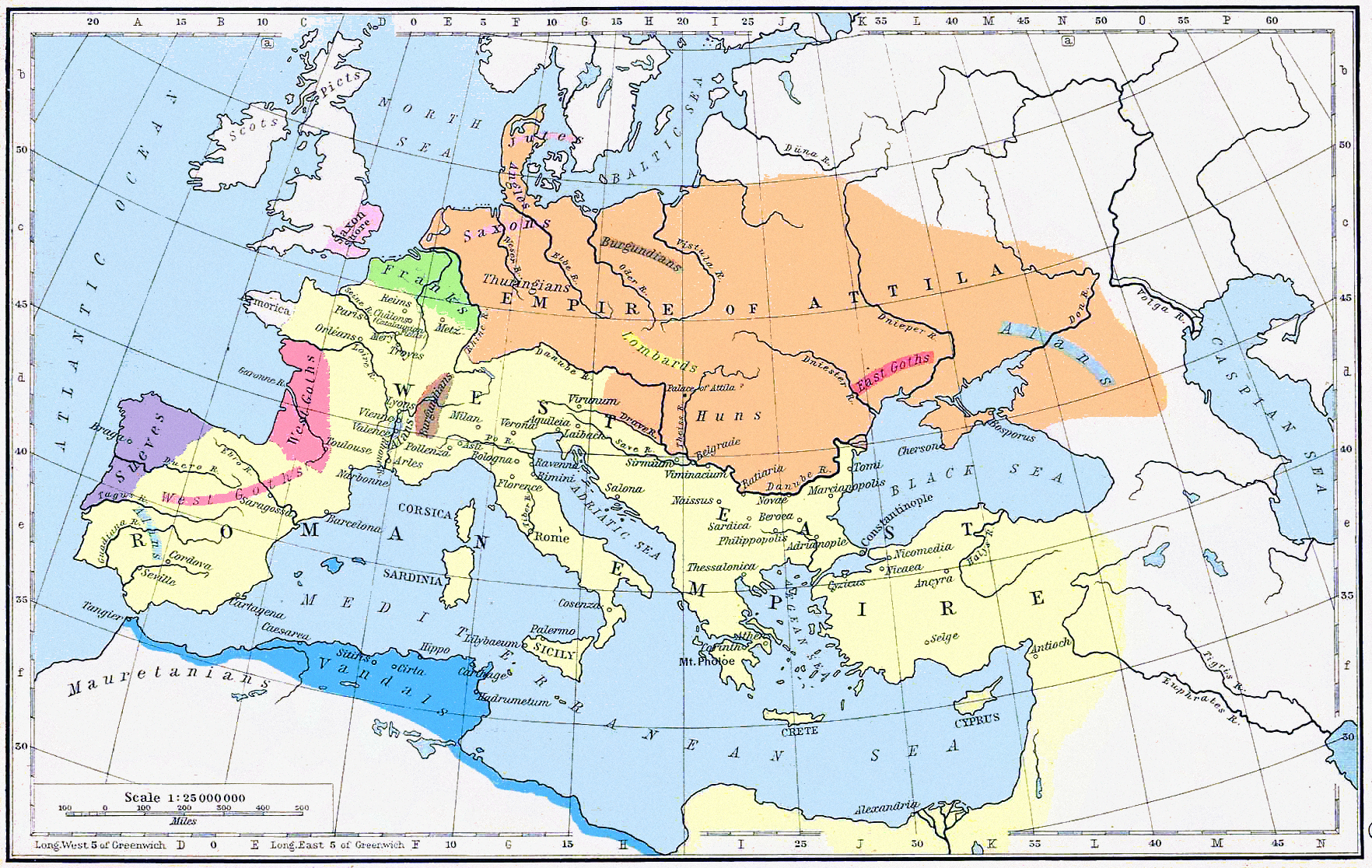America Is in Denial About Its British Imperialist Origins:
A big lie America tells about itself is that it was a victim of Britain’s imperial oppression, not its creation.

time.com
"Much of the imperial history that made Britain is also imperial history that shaped America, and both nations are largely oblivious to it. Americans are, in my experience, largely ignorant of the fact that the British empire is contained within the language we share"
"Indeed, the U.S. is a British imperial creation. One of the greatest lies America tells about itself is that it was a victim of Britain’s imperial oppression and that it stands in opposition to everything the evil empire ever represented."
"the Thirteen Colonies were, in themselves, a distinct phase of British imperialism. It’s true that the Puritans came to the New World to escape religious persecution, but the institutions they set up to promote capitalism, protect property rights, resist the abuse of government power, were British. As Tom Holland put it on a recent episode of
The Rest Is History podcast: “The fascination both for English people and for Americans about the relationship between Britain and America is that America in a way is taking a path that Britain might have taken and vice versa. In so many ways the War of Independence is a Civil War.”"
"
BBC History Magazine was right to conclude in 2008 that “despite the violent rupture of the revolutionary war,” the U.S. inherited from British empire “judicial procedures, political practice, and a tolerant pragmatism”; that despite only being established six years prior to the French Revolution, the U.S. “resolutely retained its Anglo-Saxon distrust of high-minded and over-controlling political theorizing, as well as keeping
the ‘illogical’ English system of weights and measures.” Indeed, Duncan Bell reminds us that, between the late 19th century and the First World War, a network of prominent individuals, including the likes of Scottish-American industrialist and philanthropist Andrew Carnegie, British editor and journalist W. T. Stead, colonialist Cecil J. Rhodes, and writer H. G. Wells even advocated unification of the U.S. and Britain."
"Bell adds that “people excluded from the embrace of whiteness were largely absent from the unionist discourse, except when they were figured as a problem or threat.” This brings us to the racism of British imperialism, and how it influenced America racism and vice versa. The fact is that as British imperialism peaked, prominent journalists and authors across British empire and the U.S. colluded to spread ideas of white supremacy across the planet and the racism that persists in Britain and America has shared roots."
"Moreover, Britain’s racist imperialism, inspired America’s own racist imperialism. “I believe in the expansion of great nations,”
wrote future President Theodore Roosevelt in a letter to a friend 1899. The colonization of India had done lots for “the English character. If we do our work well in the Philippines and the West Indies, it will do a great deal for our character.” A quote which echoes the words of British Professor of Black Studies Kehinde Andrews
as he argued in 2021 that “in the new age of empire, the United States has become the centre of modern colonial power. The country likes to present itself as a victim of British colonialism, which freed itself from tyranny and now looks to do the same for the rest of the world. But this is a delusional fantasy. The United States is in fact the most extreme expression of the racist world order. Not only does the United States have its own history (and present) of colonial possession but its entire existence is based on the logic of Western empire.”
"the history of slavery is also the history of the colonialism, of empire, and of the largest empire in human history, run by Great Britain. It might drive some commentators mad to hear it, but if you want to truly understand American history, you really need to understand British imperial history."




